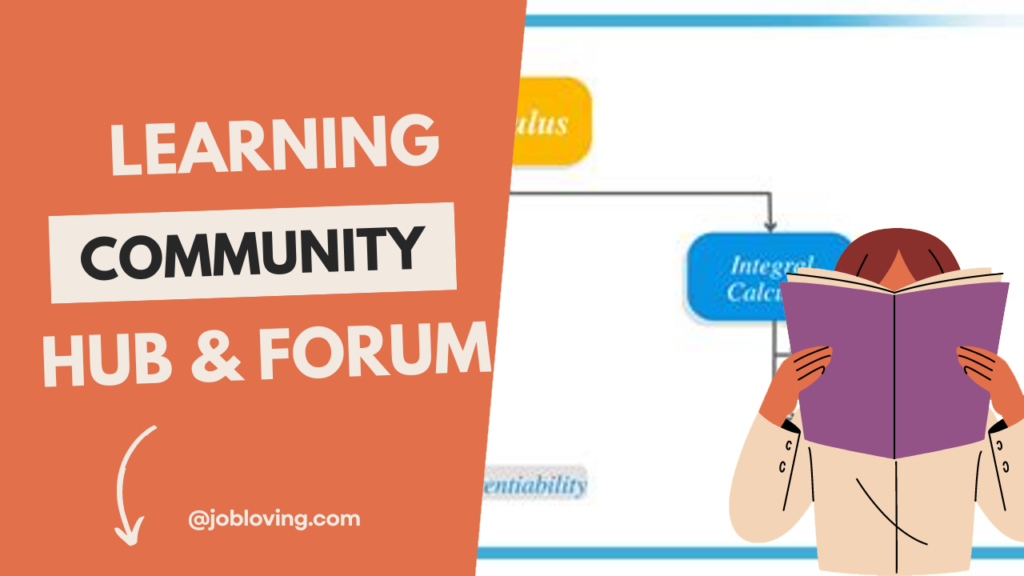Ever found yourself tangled in the mind-bending world of calculus, wondering if it’s just some dizzying rollercoaster of numbers and symbols? Well, you’re not alone! Calculus can seem overwhelming at first, but it’s really just a set of tools designed to help us understand changes and motion in the world around us. Let’s crack the code and break it down into the four main types of calculus that can transform your math skills from zero to hero!
The Short Answer: The 4 Types of Calculus
The main concepts of calculus are:
- Limits
- Differential calculus (Differentiation)
- Integral calculus (Integration)
- Multivariable calculus (Function theory)
Now, let’s get into the nitty-gritty of these categories. First up, we have Limits, which is all about understanding what happens to a function as it approaches a certain point. It’s the foundation on which the rest of calculus is built – think of it as calculus’s version of “wait for it…” Next, there’s Differential calculus, which deals with how things change. This is where the magic of differentiation occurs, enabling us to compute rates of change – like how fast your car is speeding off into the sunset! Then we have Integral calculus, which is essentially the reverse of differentiation. It allows us to find the whole from the parts, like calculating the area under a curve. This part is like eating a delicious pizza – you gotta cover the whole area to truly appreciate the toppings! Lastly, we plunge into Multivariable calculus, where we explore functions of several variables. This type lets you play with complex functions – perfect for when you want to take your calculus game to the next level, like juggling while riding a unicycle!
In conclusion, understanding these four types of calculus opens up a world of possibilities in fields like physics, engineering, economics, and beyond. They’re the keys to unlocking how we quantify change and the shapes of our universe. So, whether you’re just starting out or brushing up on your skills, mastering these concepts can elevate your math confidence. If you have any lingering questions or want to dive deeper into the wonderful world of calculus, don’t hesitate to reach out! Also, check out the JobLoving community for more awesome resources where the math magic happens!

